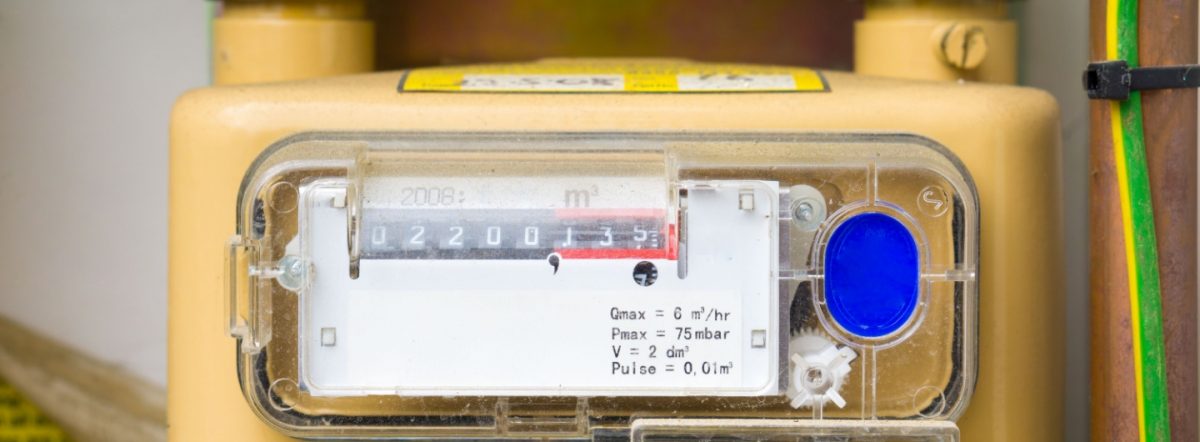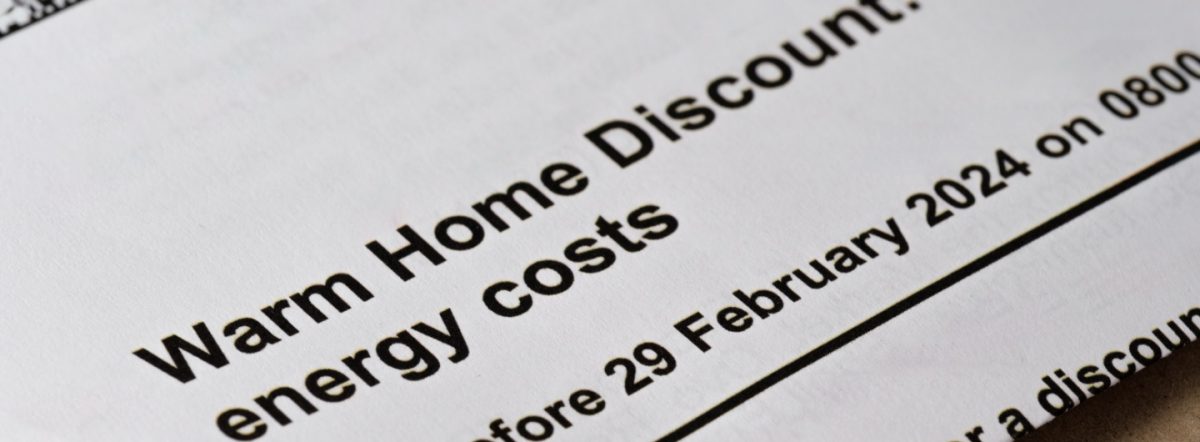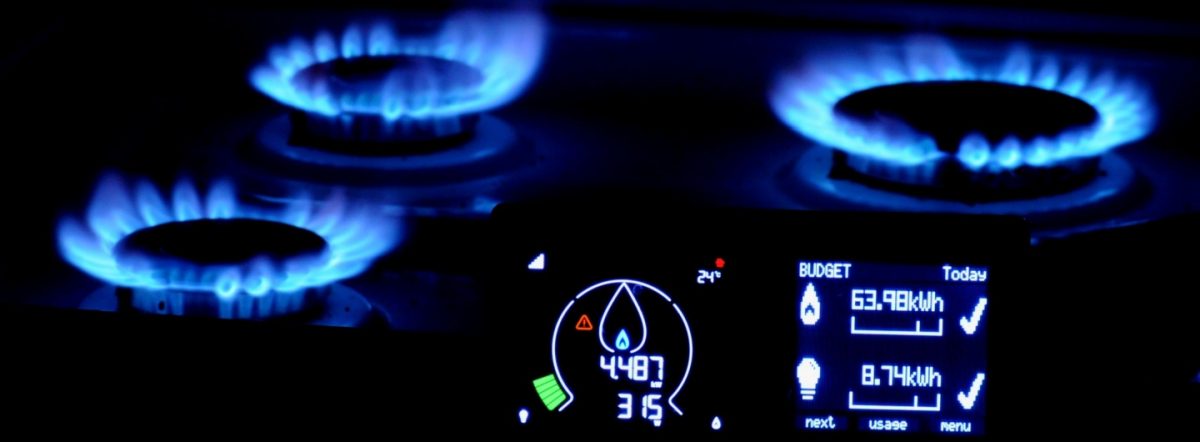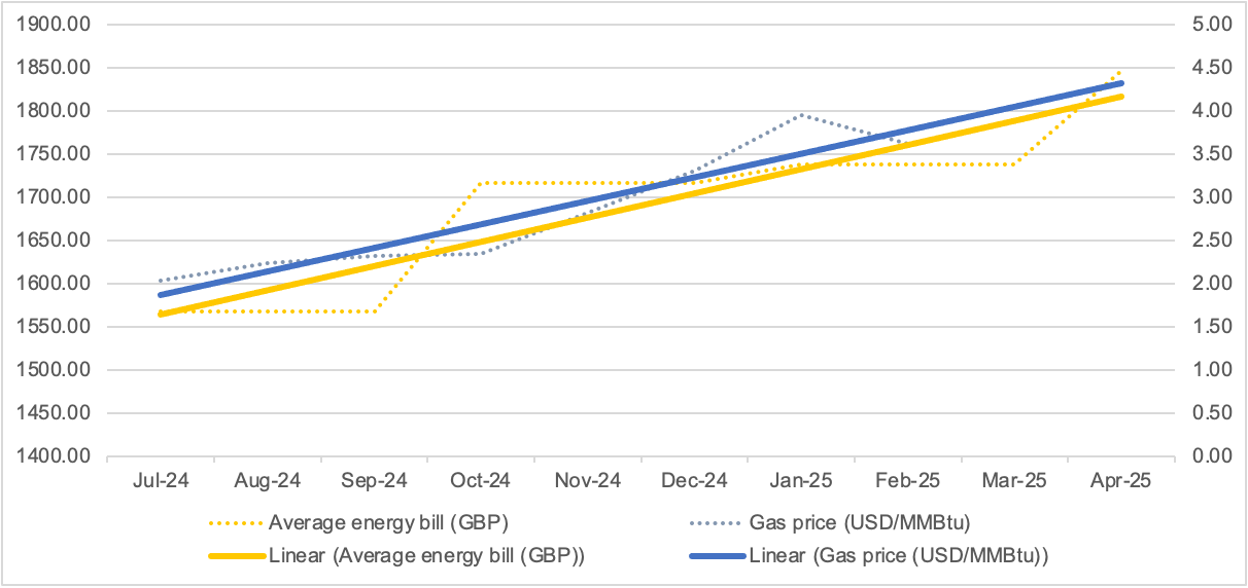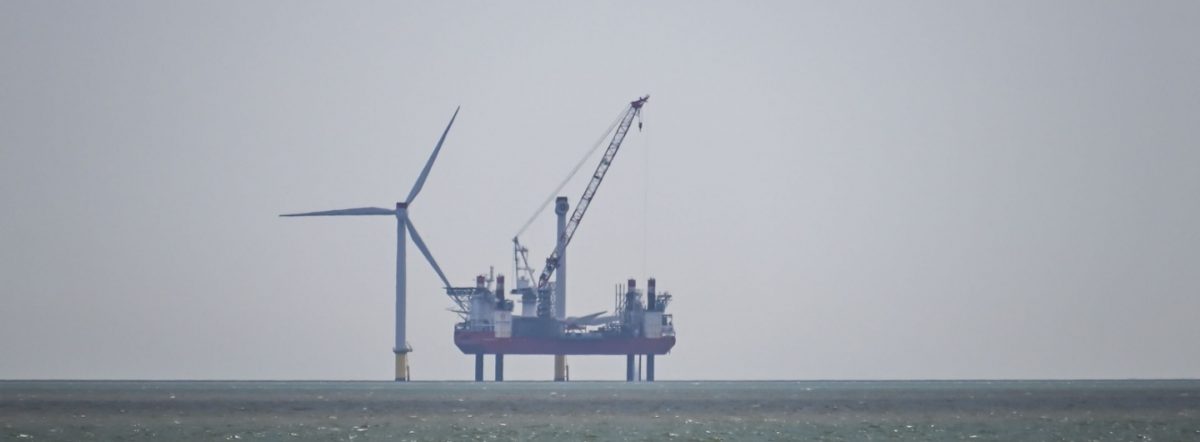Energy giants have pocketed over £500 billion in profits since the energy crisis started according to an updated analysis of company reports. [1]
Researchers working for the End Fuel Poverty Coalition examined the declared profits of firms ranging from energy producers (such as Equinor and Shell) through to the firms that control our energy grid (such as National Grid and UK Power Networks) as well as suppliers (such as British Gas).
As energy prices increase by 6.4% this week for households across the country, the analysis shows that almost half of the total profits since 2020 (£207bn) are generated by firms with extensive involvement in the gas industry.
The cost of every unit of gas used will surge by over 10% from 1 April, meaning the cost of gas is now double what it was in winter 2020/21. The cost of gas not only affects households’ ability to keep warm, but also sets electricity prices up to 40% of the time under energy market rules.
Also profiting are the firms and business units responsible for electricity and gas transmission and distribution. These are the “network costs” consumers pay for maintaining the pipes and wires of the energy system and are usually paid for through standing charges on energy bills.
But earlier this year, Citizens Advice found that these firms had made an estimated £4bn in extra profits after a “misjudgement” by regulator Ofgem. Previous research also found that the same firms underspent on vital grid improvements by almost £1bn.
A spokesperson for the End Fuel Poverty Coalition, commented:
“As energy prices remain at levels way above the 2020 benchmark, the energy industry is taking us for April fools. We need politicians and regulators to act to bring down energy bills now.
“This means radical reform of the electricity pricing markets, investment in homegrown renewables and taking on the vested interests of an energy industry which makes billions of pounds of profits every year at consumers’ expense.
“In addition, we need to see steps taken immediately to help households reduce energy consumption in a safe way, by improving energy efficiency of buildings. This is why MPs need to push the Chancellor to commit the full £13.2bn funding needed for the Warm Homes Plan through the Comprehensive Spending Review.”
Maria Carvalho, from Medact which represents frontline health workers, commented:
“The record-breaking profits of energy giants come at an unbearable cost to public health.
“Cold homes cause illness and drive patients into already overwhelmed NHS services, while energy debt traps families in a cycle of financial and mental distress.
“Every pound pocketed by these corporations is a pound that could have kept someone warm, well, and out of hospital. The government must act now to rein in energy profiteering and invest in a fair, sustainable energy system that protects health rather than harming it.”
Jonathan Bean from Fuel Poverty Action added:
“Without radical reforms, millions of us will continue to suffer and die in energy starvation due to inflated energy pricing. We are not getting the benefit of our increasing supply of cheap renewable energy.”
Warm This Winter spokesperson Caroline Simpson said:
“Frankly this is shameful. Whilst the whole of the UK struggles with ‘Awful April’ these energy profiteers are celebrating ‘Awesome April’ with their latest results showing they made over half a trillion pounds in profits since 2020.
“It’s incomprehensible in so many ways and plain wrong that a mere 20 companies have made so much money out of people’s misery. The industry can spare a few of their many billions to bring down bills, pay for energy efficient homes and switch from oil and gas to save the planet.
“Now more than ever, we need to give everyone in the UK the peace of mind that comes with having energy security from homegrown solar and wind so we’re not at the mercy of either profiteering oil and gas companies or hostile countries.”
ENDS
[1] The data was compiled from publicly available accounts and financial statements, using the best available measure of company profits. These measures differ from company to company due to reporting processes and regulatory requirements in different jurisdictions. In determining which measure of profitability to use, the research has prioritised the measure preferred in the company’s own accounts.
Full information available at: https://www.endfuelpoverty.org.uk/news/energy-firm-profits-tracker/ Data as at 21 March 2024.
The data was compiled by freelance business journalist David Craik. David’s experience has included writing business and city news and features for national newspapers and magazines such as The Daily Mirror, Sunday Times, Wall Street Journal, Scotsman and Daily Express. Much of his content focuses on company financial results and reports in the energy sector and on personal finance issues including wealth management, property, investing and managing household budgets and bills. If any firm wishes to correct the record, please email info@endfuelpoverty.org.uk.

